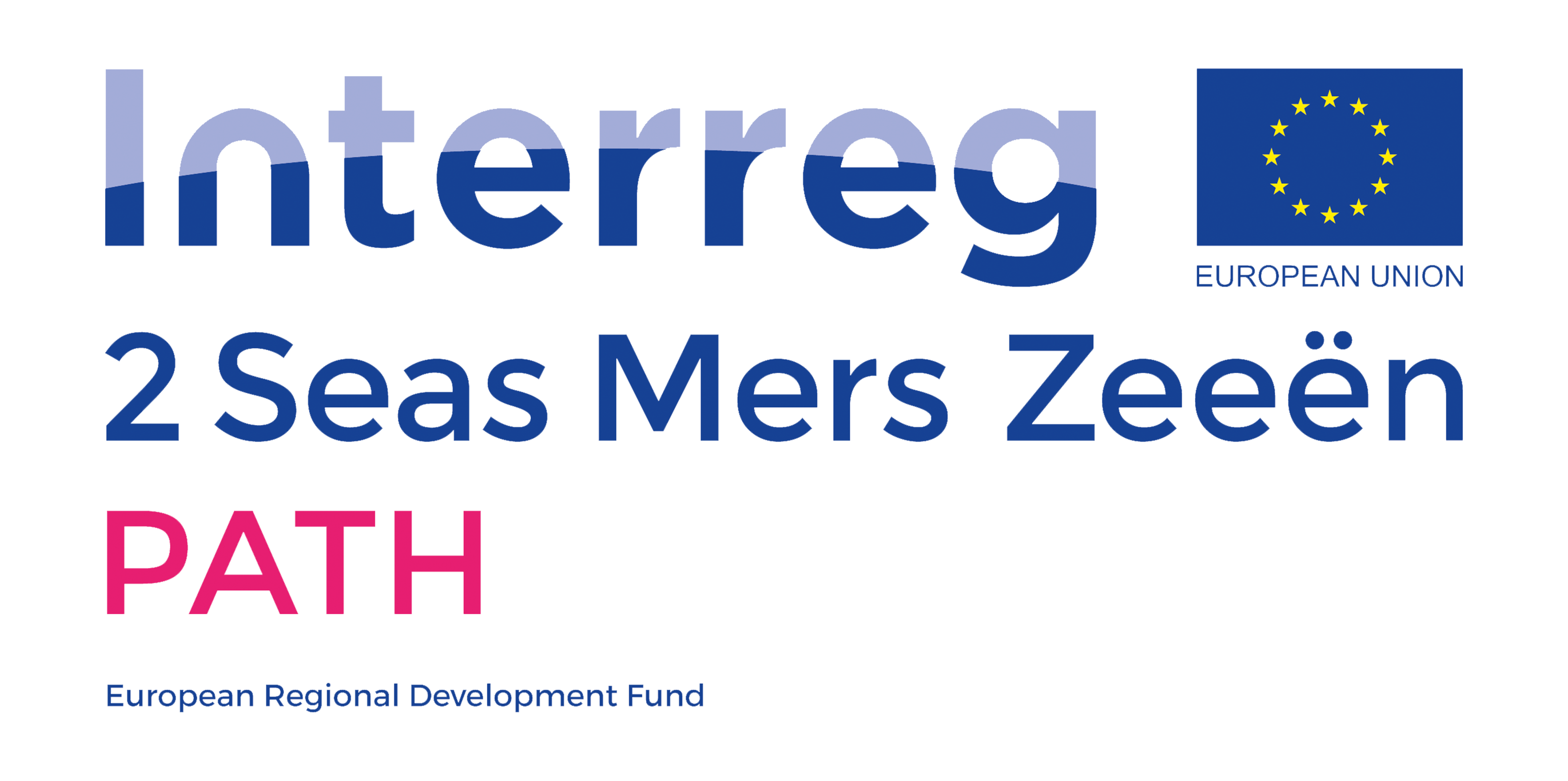
A learning disability is defined by the Department of Health as a “significant reduced ability to understand new or complex information, to learn new skills (impaired intelligence), with a reduced ability to cope independently (impaired social functioning), which started before adulthood”.
This definition includes people with an IQ of less than 70 and also deficits in social functioning and communication skills.1
In the UK 7% of adults with a learning disability were parents and most of them have a mild to borderline impairment, which may make it difficult to identify them as they will not have a formal diagnosis.2
The children of parents with a learning disability are more likely than any other group of children to be removed from their parents’ care.3
Parents with a learning disability are often affected by poverty, social isolation, stress, mental health problems, low literacy and communication difficulties.2
Women with intellectual and developmental disabilities (IDD) have high rates of adverse perinatal outcomes including premature birth and low birthweight. A third of pregnant woman with a learning disability report moderate to severe levels of stress, anxiety and depression.4
Supporting women with learning disabilities5–
In the antenatal period-
Offering good quality antenatal care that meets their requirements-
In the postnatal period-
References
1. DoH, Valuing People, a new strategy for learning disability for the 21st century. (2001)
2. Emerson E, Malam S, Davies I and Spencer K. Adults with learning difficulties in England 2003/4. (2005)
3. Booth T and Booth W and McConnell D. The prevalence and outcomes of care proceedings involving parents with a learning disability in the family courts. Journal of Applied Research in Intellectual Disabilities. (2005)
4. Redshaw, M., Malouf, R., Gao, H., Gray, R. Women with disability: the experience of maternity care during pregnancy, labour and birth and the postnatal period. BMC Pregnancy Childbirth. (2013)
5. MENCAP Inclusive support for parents with a learning disability. (2011)
Further reading
Department of Health, Department for Education and Skills (2007) The English Good Practice Guidance on Working with Parents with a Learning Disability
Working Together with Parents Network (2016) Update of the DoH/DfES Good practice guidance on working with parents with a learning disability (2007)
Malouf R, McLeish J, Ryan S, et al (2017).‘We both just wanted to be normal parents’: a qualitative study of the experience of maternity care for women with learning disability BMJ Open 2017;7:e015526.
